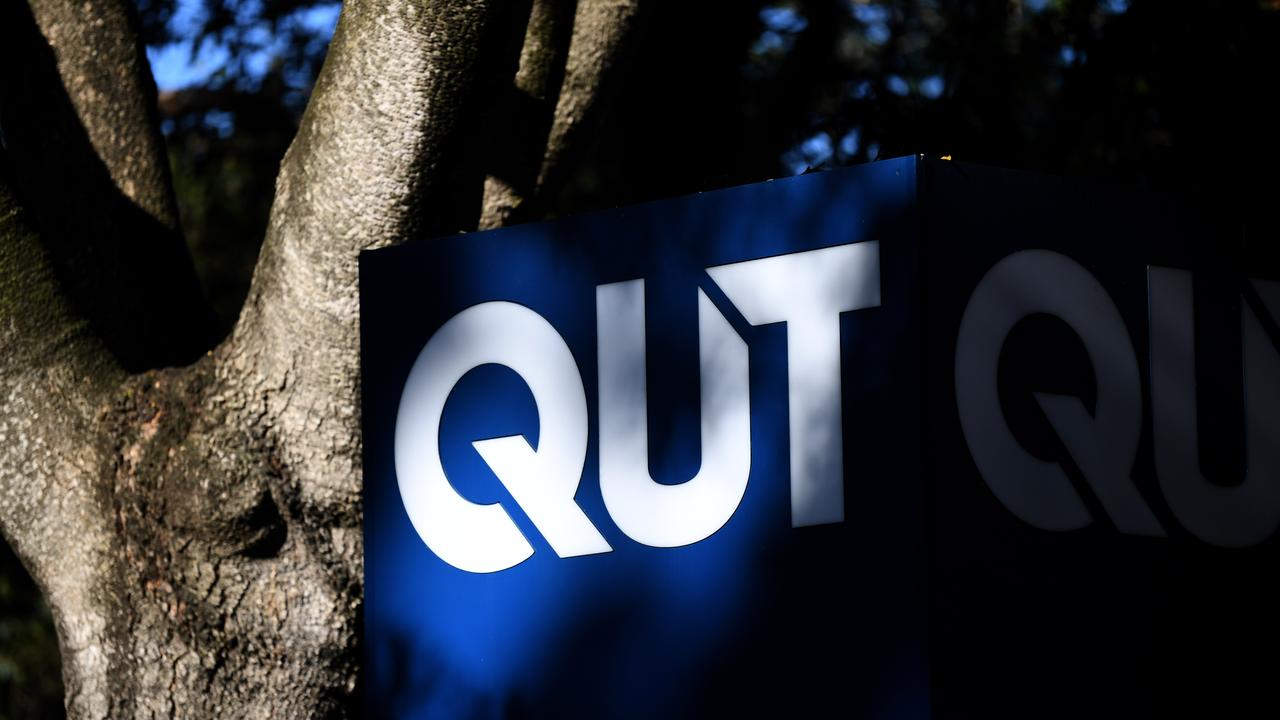Monash University drives out Mimotopes cancer firm
The Mimotopes research centre is being forced to close after Monash University refused to renew a lease.

One of the country’s leading commercial cancer and vaccine research centres is being forced to close after Monash University refused to renew a lease in a bid to take possession of the company’s $10 million purpose-built facility.
In what has been described as an “unconscionable” move to evict the research laboratories from campus, leading to the loss of 20 scientists and the supply of critical cancer and vaccine research services, the property division of the Melbourne-based university has given the Mimotopes centre 30 days to leave.
The scientific community has warned of a major loss to medical research, with the company’s work regarded as vital to developing therapies for aggressive metastatic cancers as well as the development of vaccine candidates for a range of illnesses including flu and HIV.
The Victorian government has declared Mimotopes a “flagship” bio-tech company.
Managing director Sonja Plompen told The Australian that the centre would be forced to fold after an administrative error that led to a delay in rolling over its 42-year lease.
The university refused pleas to renew the lease, issuing an eviction order this week.
Federal Education Minister Simon Birmingham, who was made aware of the issue yesterday, demanded the university explain its reasons.
Emails obtained by The Australian reveal the university forced the eviction in order to take control of a specialist building and laboratories which CSL built 28 years ago on the understanding there would be a 42-year lease.
In one email, university property manager Lynda Norrish was told by a colleague that while Mimotopes did have a lease arrangement until 2030, it had forgotten to exercise the rolling over of one of the seven-year terms. “They did not meet the deadline,” the email to Ms Norrish from the university’s director of building services, Wayne Brundell, says.
Business support co-ordinator Neisha Roberts wrote that the company wanted to resolve the issue in a “friendly” manner and admitted it had been “shocked” that it missed the deadline.
“Couldn’t the university do with a free building?” Ms Norrish responded.
Ms Plompen told The Australian that the company’s failure to exercise the renewal option by the due date last May had been an oversight.
When Mimotopes sought to address the error and renew the lease, the university refused.
The company has since been forced to drop a Federal Court action against the eviction, and the university has ordered the company to undertake $1.8 million in maintenance to the building that wasn’t deemed necessary for the continued operation of the research. The company has written to the university’s chancellor and vice-chancellor, asking them to intervene to allow it to stay for at least two years as an interim measure, while it tries to find another site to build a new facility.
“They have now given us 30 days to leave,” Ms Plompen said. “We can’t do it, we have nowhere to move to. We will be forced to fold and this will leave a big hole in the production of peptides in Australia. It will be a significant loss of science and knowledge.”
Senator Birmingham said universities operated under a social licence and were accountable to the public. “I expect our higher education institutions to work with business and industry to ensure Australia is able to continue to be a world-leading research destination and that universities support opportunities for research to be commercialised in a way that creates job opportunities for Australians,” he said.
Leading scientist John Wade, from the Florey Institute’s neurological division, said the company was internationally recognised for its expertise and had contributed to groundbreaking developments in immunology research.
“It remains a vitally important member of Australia’s biotechnological expertise and sector, and as such must be supported to ensure its continued and much valued contributions in the future,” Professor Wade said in a Federal Court reference.
The university’s media manager, Adam Redam, said Monash was unable to comment because legal proceedings were continuing in regard to legal costs and the cost of remediation work.




To join the conversation, please log in. Don't have an account? Register
Join the conversation, you are commenting as Logout